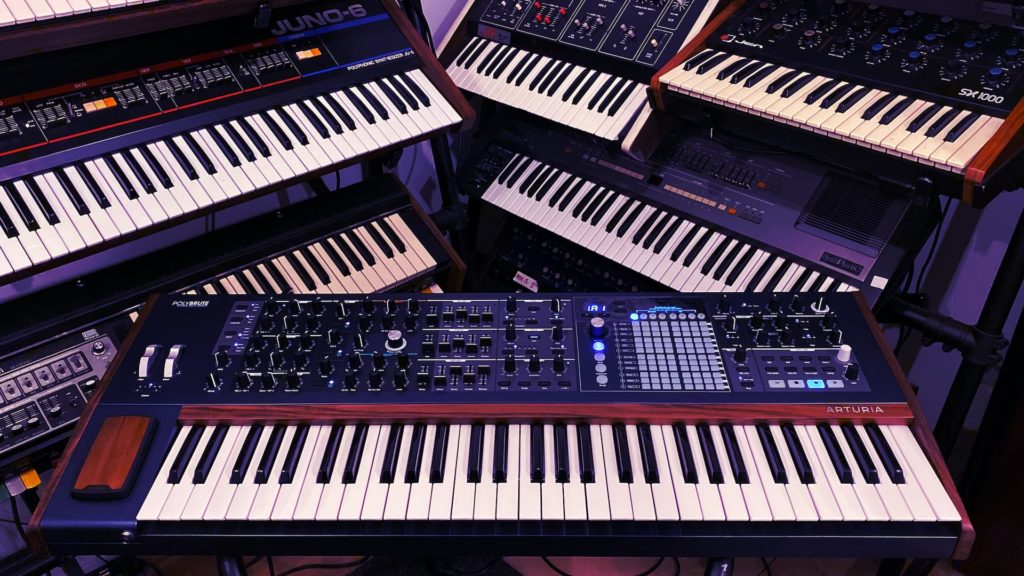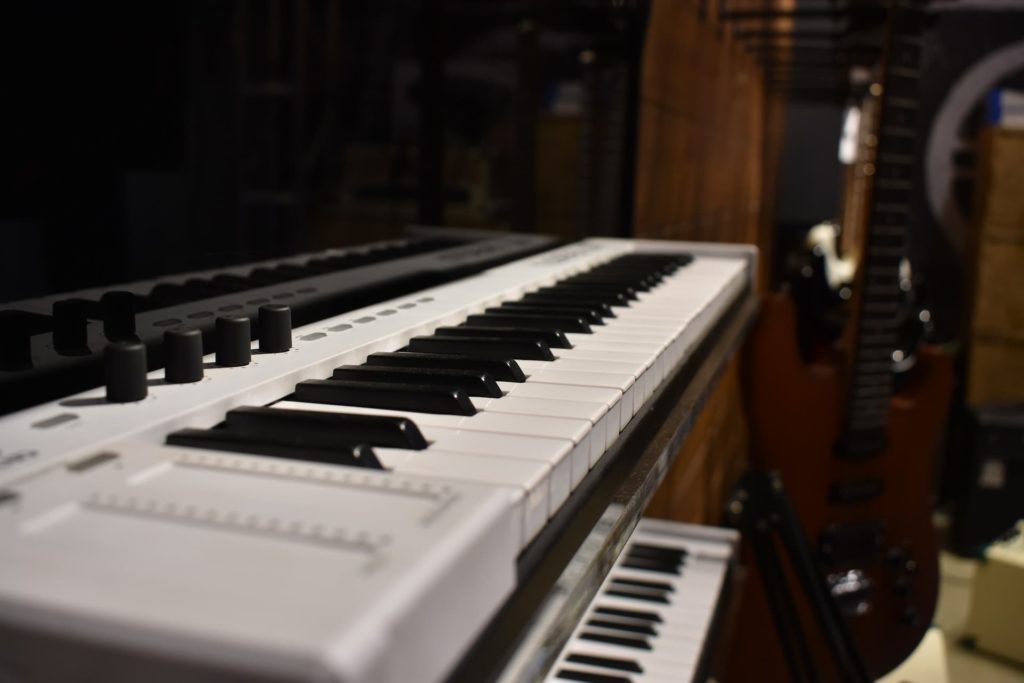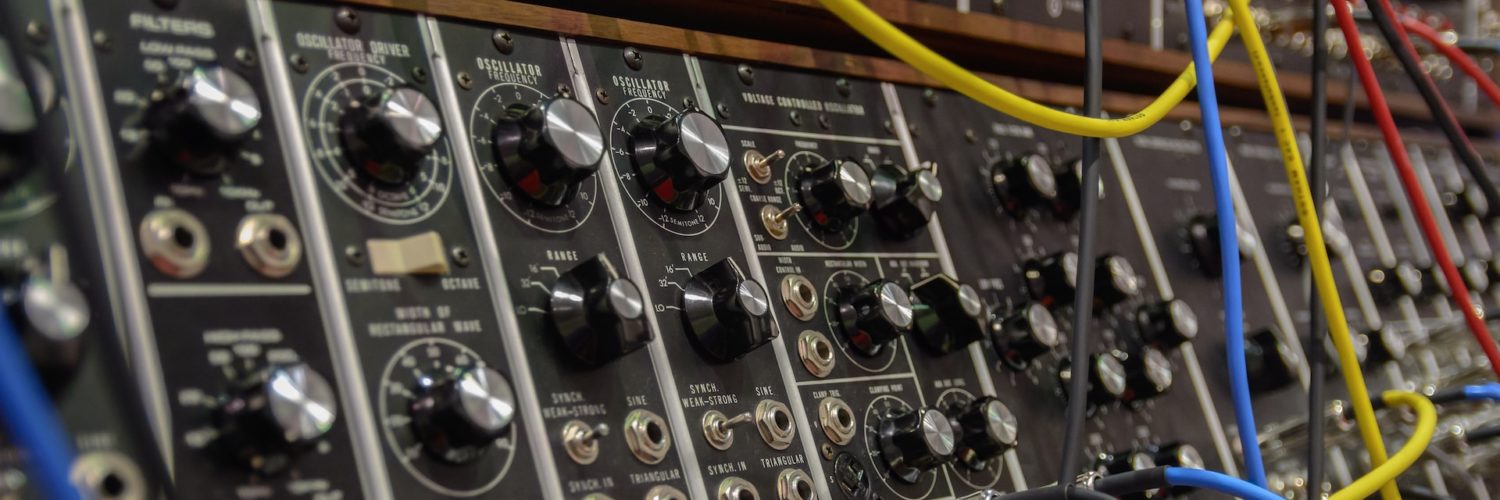Beginning musicians are often unsure whether they want to use a synthesizer or an electronic piano. To make the right decision, you need to understand how they differ. The differences between them are not only in cost, but also in functionality. Before buying, it is advisable to understand the benefits of the instruments. The difference between them is quite significant and this should be taken into account, so that then you will not be disappointed in the acquisition. Let’s tell about the features of these instruments in detail, focusing on the functionality.
What is a synthesizer?
Synthesizer is a keyboard instrument, which usually replace the piano. They are similar in appearance. But the keyboard is only part of the device’s extensive functionality. The main role is played by the compressor and the computing power it possesses. The software processes all the actions of the person playing the instrument.

At the command of the processor activates the generator of acoustic vibrations. Some models of synthesizers have several such devices. If the instrument does not have its own keyboard, you can control it from another one.
If the plans include personal programming of songs, their combination with each other, it is worth buying a synthesizer. Piano does not have this functionality. Another advantage of the synthesizer is the option of arranging melodies. Such systems include control displays.
What is an electronic piano?
An electronic piano is a type of digital keyboard instrument. It is most often used as an alternative to the classic acoustic piano. They are comparable both in terms of the musical feel and the synthesized sound. Digital pianos use either artificial emulation or recorded acoustic piano samples. A built-in loudspeaker is used to amplify them afterwards.

Electronic pianos are great for practicing your musicianship skills. It is, of course, different from a real piano, but for beginner musicians is best suited. Those who have practiced on a digital piano, then it is easier to play on a “live” piano.
The advantages of such instruments include their compactness combined with lightness. Classical pianos are more bulky and difficult to move. They don’t need constant tuning, such instruments can be moved around without fear. Other advantages of digital pianos include the ability to adjust the volume, connect headphones, sampling and mixing functions.
Digital pianos encourage the development of musical rhythm while playing. It does not take much time to learn the instrument, you do not need to invite a specialist to adjust it, you can do it yourself.
Another plus of electronic pianos is the ability to synchronize with your PC.
Main differences
Experienced musicians see the differences between a synthesizer and an electronic piano immediately. With electric pianos, the keys are tighter, allowing you to feel the manner of playing as on a classical instrument.
With a synthesizer, you can play at least a whole orchestra, to extract the sounds of violin, guitar and even drums. Electronic pianos do not have these capabilities.
Synthesizers have more keys than digital pianos. And most importantly, these instruments have a different mechanism for playing sounds.
Design differences are also present – synthesizers are usually placed on special stands, electronic pianos do not need them due to their compact size.
When choosing an instrument, one should take into account what kind of music a person is more attracted to – classical or more modern.





